How to Save Energy and Reduce Your Utility Bills
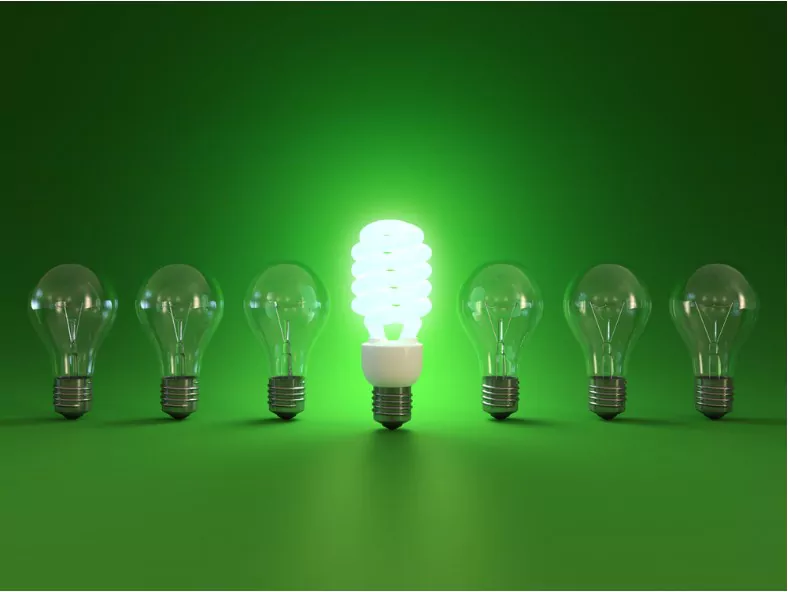
In an era where concerns over environmental sustainability are escalating, one may ponder, How to save energy? and How can I reduce my carbon footprint and energy bills? Saving energy is crucial for our planet and our pockets. This detailed guide will explore numerous ways to save energy, reduce energy consumption, and cultivate an energy-efficient lifestyle to make a big difference in our everyday life.
- Understanding Energy Consumption
- Why is Energy Efficiency Important?
- Tips to save energy
- Opt for Energy Efficient Appliances
- Renewable Energy Sources
- Performing an Energy Audit
- Mindful Heating and Cooling
- Use Smart Power Strips
- Switch to Energy-Efficient Bulbs
- Efficient Water Heating
- Energy-Efficient Practices in Everyday Life
- Mindful Use of Water Appliances
- Strategic Landscaping
- Invest in Renewable Energy
- Cultivating Energy Consciousness
- Additional Energy-Saving Tips
- Wrapping Up
1 Understanding Energy Consumption
Before delving into strategies on how to save energy at home, it’s essential to comprehend the basics of energy consumption. Energy consumption refers to the amount of energy utilized by households, industries, or a particular area. Households, on average, deal with varying electricity bills, depending on the energy efficiency of appliances and energy habits.
2 Why is Energy Efficiency Important?
Energy efficiency plays a pivotal role in conserving energy and mitigating the detrimental impacts of extensive energy use, including the exhaustion of fossil fuels and increased carbon emissions. When we adopt energy-efficient appliances and habits, we significantly reduce energy waste, thereby shrinking our carbon footprint and electricity bill.
3 Tips to save energy
Opt for Energy Efficient Appliances
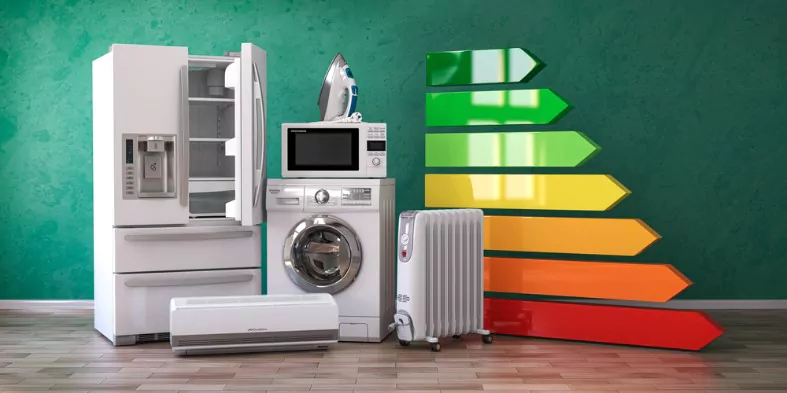
Appliances with an Energy Star label are designed to utilize less energy compared to their non-certified counterparts. By selecting energy-efficient appliances, households can curtail energy consumption and save money on electricity bills. For instance, opting for Energy Star-rated air conditioning equipment and refrigerators can lead to substantial energy savings.
Renewable Energy Sources
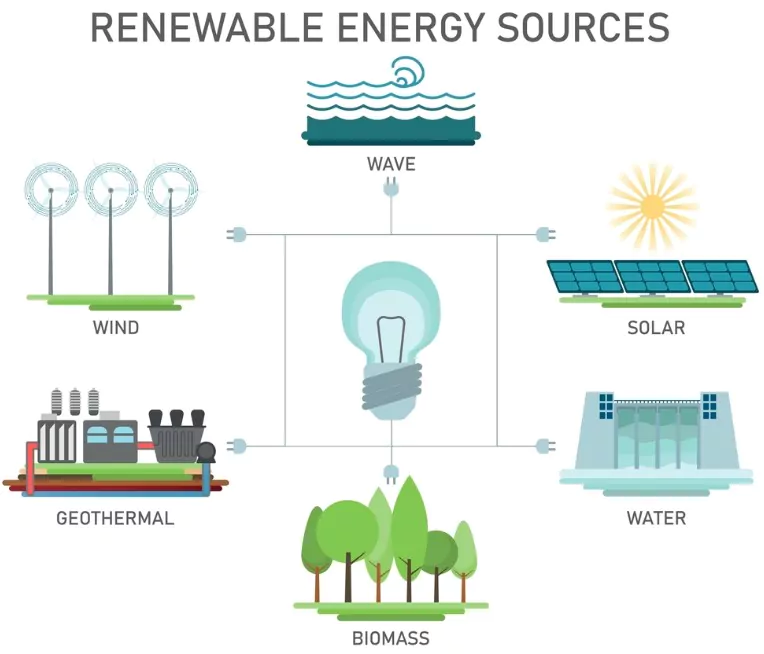
Harnessing renewable energy sources like solar and wind power can drastically decrease reliance on energy companies that generate electricity using fossil fuels. Installing solar panels is an excellent step towards adopting renewable energy, which can offset electricity usage, reduce the average electric bill, and even generate electricity that can be fed back into the grid.
Performing an Energy Audit
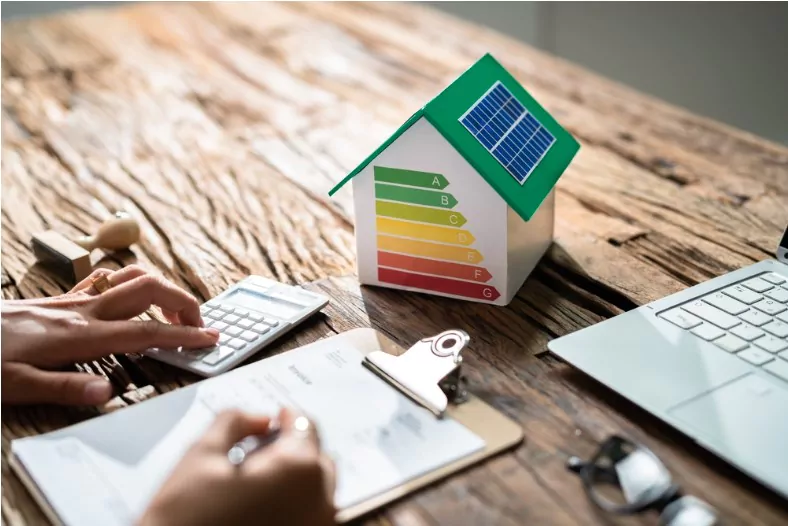
Conducting an energy audit can help in identifying how much energy a home consumes and evaluate measures to make it more energy-efficient. Energy audits can reveal opportunities to conserve energy, such as addressing air leaks and improving insulation, which can significantly reduce heating and cooling costs.
Mindful Heating and Cooling
Heating and cooling are typically the highest energy consumption sectors in an average household. By maintaining air conditioning and heating equipment, using heat pumps, and optimizing heat gain and loss, households can experience a notable decline in energy bills. A well-insulated home retains heat more effectively, reducing both heating bill and energy usage.
Use Smart Power Strips
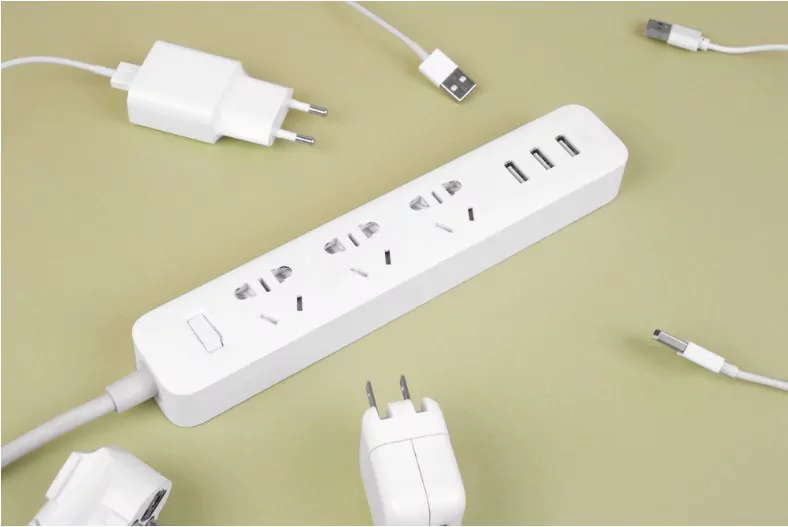
Devices left plugged in, especially in standby mode, continue to draw power, contributing to ‘vampire energy.’ Utilizing smart power strips can combat this by cutting power to appliances when they’re not in use, preventing them from wasting energy and helping in saving energy substantially.
Switch to Energy-Efficient Bulbs

Traditional incandescent light bulbs consume more energy and have a shorter lifespan compared to LED and halogen bulbs. By converting light fixtures to accommodate energy-efficient bulbs like LEDs, households can save energy, reduce electricity bills, and cut down on the frequency of changing bulbs.
Efficient Water Heating
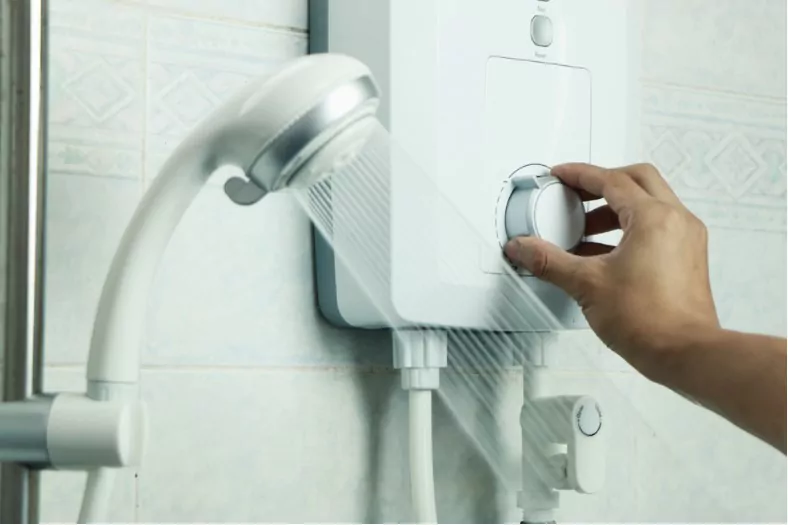
Water heating is one of the most energy-intensive processes in a home, affecting the energy bill significantly. Employing an energy-efficient electric water heater, lowering the heater’s thermostat, and insulating hot water pipes can result in considerable energy savings.
Energy-Efficient Practices in Everyday Life
In our everyday life, adopting energy-efficient practices like turning off unnecessary lights, using cold water for washing clothes, and unplugging things that aren’t in use can save money and energy. Simple practices, like using a toaster oven for small meals instead of a conventional oven, can consume the same amount of energy more efficiently.
Mindful Use of Water Appliances
The energy consumed by a clothes washer and clothes dryer can be substantial. Therefore, opting for energy-efficient models, using cold water for washing, and air-drying clothes can contribute to energy conservation and lessening electricity usage.
Strategic Landscaping
Planting trees and shrubs around the house can act as natural insulators, reducing heating and cooling needs, which are pivotal in controlling energy consumption and maintaining an energy-efficient household.
Invest in Renewable Energy
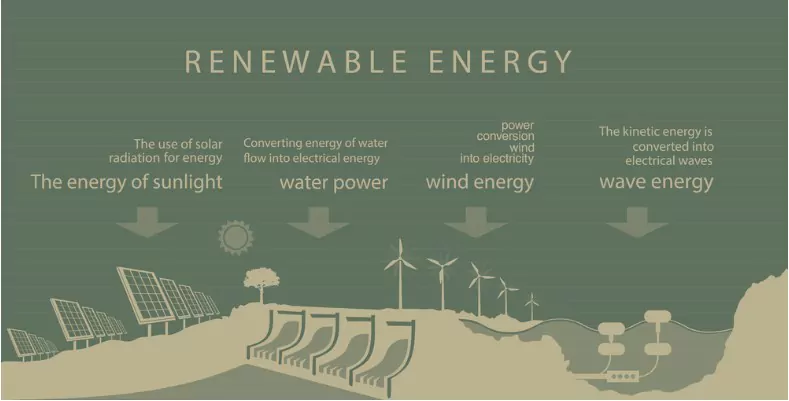
Investing in renewable sources of energy like wind and solar power can curtail dependence on non-renewable sources, fostering a sustainable environment. Solar panels, for instance, not only reduce energy consumption but also offer a renewable source of energy that is eco-friendly.
Cultivating Energy Consciousness
Creating awareness about energy conservation and engaging in discussions about renewable energy sources can foster a collective effort to save energy and reduce reliance on non-renewable energy, ultimately leading to a more sustainable future.
4 Additional Energy-Saving Tips
- Use Programmable Thermostats: It automatically adjusts the home’s temperature, saving energy and reducing heating costs.
- Install Motion Sensor Lights: These ensure that lights are only on when needed, preventing energy wastage.
- Invest in Energy-Efficient Windows: They prevent heat gain and loss, maintaining the home’s energy balance.
5 Wrapping Up
The quest on how to save energy is more pertinent now than ever. Adopting energy-efficient appliances, being conscious of our energy use, and leveraging renewable energy sources are paramount in reducing energy consumption and electricity bills.
By employing energy-efficient air conditioning equipment, utilizing smart power strips, performing regular energy audits, and opting for energy-efficient bulbs, we not only conserve energy but also contribute to environmental preservation and sustainability. Simple acts, such as unplugging unused devices and turning off unnecessary lights, can make a big difference in our energy savings and reduce our average household energy costs.
Renewable energy sources like solar panels are vital in diminishing our reliance on fossil fuels, enabling us to generate electricity more sustainably. Such conscious decisions and practices will not only lead to lower electricity bills but also foster a healthier and more sustainable planet.
Remember, every step towards energy efficiency, no matter how small, contributes to a larger collective impact in the fight against climate change and excessive energy consumption. Let’s embrace energy-efficient practices and renewable energy to build a greener, sustainable tomorrow.
Community Q&A
About This Article
This article has been viewed 340 times.



